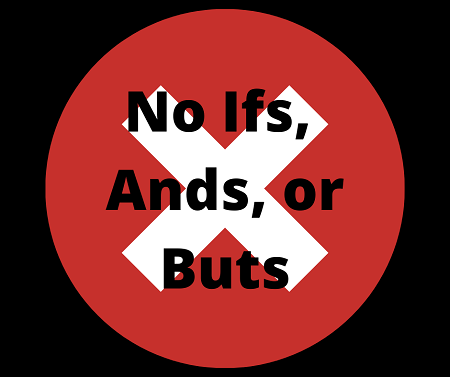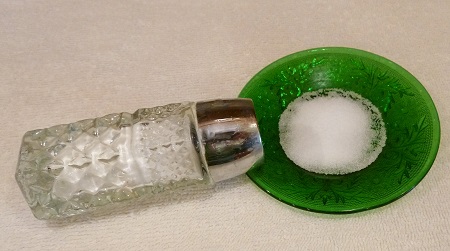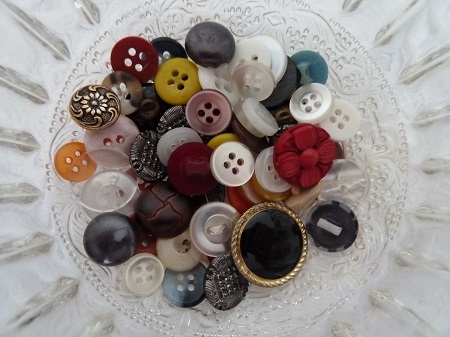Piping Hot
I love the piping hot sound of chicken fajitas fresh off the grill. Like high-pitched musical pipes, steam sizzles and rises from the skillet, music to my ears. I want to eat immediately, if not sooner.
 Anything piping hot is very hot.
Anything piping hot is very hot.
Other piping hot favorites include:
- Taco soup
- Chicken casserole
- Roast beef with potatoes, onions, and carrots
- Grilled fish
Yum! As a friend used to say, “Those are good groceries.” They stick to the ribs.
I put any leftover food in the refrigerator, so it will not spoil. Too long at room temperature could cause food poisoning.
Spiritual appetites also need to remain piping hot.
Pass It On, a favorite song from my youth, declares that one small spark gets a fire going. It encourages singers and listeners to share God’s love with the people around them.
Each day, I choose whether to spread the fire of God’s love. So do you, dear friend. Warm is not good enough. God offers and expects the best. May that message spread like wildfire.
“I know your deeds, that you are neither cold nor hot. I wish you were either one or the other! So, because you are lukewarm—neither hot nor cold—I am about to spit you out of my mouth” (Revelation 3:15-16 NIV).
What is your favorite piping hot food? Please comment below.
Thanks to Kristy Robinson Horine for the suggestion. Photo courtesy of Pixabay.
Subscribe to receive my weekly posts by email and receive a free copy of “Words of Hope for Days that Hurt.”
If you enjoyed this post, please share it with your friends.
 I always wanted to hit a ball over the fence when I played softball. I never did. No matter how hard I would swing for the fences, I could not do it.
I always wanted to hit a ball over the fence when I played softball. I never did. No matter how hard I would swing for the fences, I could not do it. Do you have an expression you want explained? If so, please comment below.
Do you have an expression you want explained? If so, please comment below. “If you miss more than three classes, you fail. No ifs, ands, or buts about it.” Few students want to hear those words. Definitely not if they just missed a third class.
“If you miss more than three classes, you fail. No ifs, ands, or buts about it.” Few students want to hear those words. Definitely not if they just missed a third class. My friend Martha said her father described a few of her boyfriends as not worth the salt that went in their bread. He meant they were not worth much.
My friend Martha said her father described a few of her boyfriends as not worth the salt that went in their bread. He meant they were not worth much. “When you reach the end of your rope, tie a knot in it and hang on.” –Franklin D. Roosevelt.
“When you reach the end of your rope, tie a knot in it and hang on.” –Franklin D. Roosevelt. “Isn’t she the cutest thing? Why, she’s as cute as a button.”
“Isn’t she the cutest thing? Why, she’s as cute as a button.” As a child, I spent hours playing with my Granny Childress’s buttons. Since she sewed for others, she always had boxes of buttons.
As a child, I spent hours playing with my Granny Childress’s buttons. Since she sewed for others, she always had boxes of buttons. The water from
The water from  If I want all of something, I want the whole kit and caboodle. For example, I would love to visit all the national parks. So far,
If I want all of something, I want the whole kit and caboodle. For example, I would love to visit all the national parks. So far,  “Don’t worry about it. It will come out in the wash.” Those words have probably helped many of us deal with problems or disappointments.
“Don’t worry about it. It will come out in the wash.” Those words have probably helped many of us deal with problems or disappointments. “If that is what you think, you have another think coming!” Sadie’s poor sheep are in trouble.
“If that is what you think, you have another think coming!” Sadie’s poor sheep are in trouble.